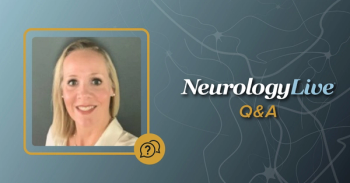
Janelle Wagner, PhD, a clinical psychologist and research professor at the Medical University of South Carolina, provided clinical insights on a recently presented study on whether elevated ADHD symptoms impact post epilepsy surgery seizure freedom.

Janelle Wagner, PhD, a clinical psychologist and research professor at the Medical University of South Carolina, provided clinical insights on a recently presented study on whether elevated ADHD symptoms impact post epilepsy surgery seizure freedom.
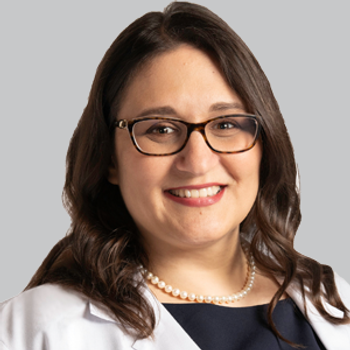
Elizabeth Gerard, MD, an epileptologist at Northwestern Medicine, provided clinical insights on a new consortium, GEAN, which aims to expand genetic testing and define adult phenotypes for rare genetic epilepsies across North America.
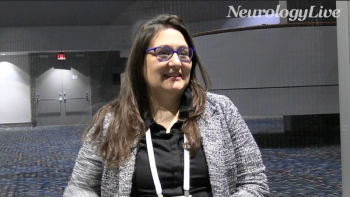
The director of the Adult Epilepsy Genetics Clinic at Northwestern University discussed short- and long-term goals for research, natural history development, and community engagement of the AES-sponsored GEAN Consortium. [WATCH TIME: 3 minutes]

Mind Moments®, a podcast from NeurologyLive®, brings you an exclusive interview with Christina Briscoe, MD. [LISTEN TIME: 24 minutes]

The pediatric epileptologist at Boston Children’s Hospital discussed national variability in treating infantile epileptic spasms syndrome and the evidence gaps that continue to shape clinical decision making.

The pediatric epileptologist at Boston Children’s provided clinical commentary on the potential reasons behind variability existed in using sequential versus combination therapy, third therapies, and adverse event monitoring for infantile epileptic spasms syndrome. [WATCH TIME: 3 minutes]
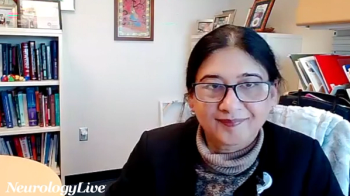
The division chief of child neurology at Dayton Children’s Hospital discussed findings from a study comparing patient satisfaction scores between telehealth and in-person visits in pediatric epilepsy care. [WATCH TIME: 4 minutes]

The director of the pediatric epilepsy monitoring unit at the Medical University of South Carolina provided commentary on the significance of Purple Day as a means to raise awareness about epilepsy. [WATCH TIME: 3 minutes]

Mind Moments®, a podcast from NeurologyLive®, brings you an exclusive interview with Sonal Bhatia, MD, FACNS. [LISTEN TIME: 24 minutes]

Amber Freed, founder of SLC6A1 Connect, shared her personal journey and advocacy efforts to raise awareness for SLC6A1, a rare genetic epilepsy, in honor of Rare Disease Day.
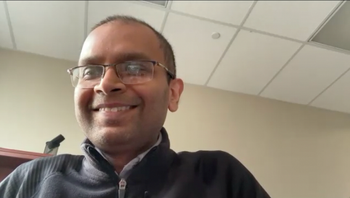
The medical director of the Arkansas Children’s Comprehensive Epilepsy Program detailed advancements and strategies in using neuromodulation for LGS, as well as the future research needed to expand these approaches. [WATCH TIME: 4 minutes]

A duo of experts discussed the importance of addressing barriers such as provider comfort, access to genetic counselors, and insurance coverage to reduce diagnostic latency and standardize genetic testing for epilepsy. [WATCH TIME: 5 minutes]

The medical director of the Arkansas Children’s Comprehensive Epilepsy Program discussed the complications associated with neurostimulation in patients with LGS and strategies to mitigate these issues. [WATCH TIME: 2 minutes]

Pediatric epilepsy specialists Adam Numis, MD, and Laura Kirkpatrick, MD, highlighted efforts to standardize data collection for pediatric epilepsy health equity and improve neonatal epilepsy outcomes.

Mind Moments®, a podcast from NeurologyLive®, brings you an exclusive interview with Depobam Samanta, MD, MS, FAAP, FAES. [LISTEN TIME: 25 minutes]

The medical director of the Arkansas Children’s Comprehensive Epilepsy Program provided commentary on patient selection and personalized treatment approaches when using neuromodulation devices for Lennox-Gastaut syndrome. [WATCH TIME: 3 minutes]

Babitha Haridas, MD, MBBS, a pediatric epileptologist at Johns Hopkins Medicine, discussed the complexities with managing status epilepticus in Lennox-Gastaut syndrome, focusing on the importance of identifying triggers early in their condition.
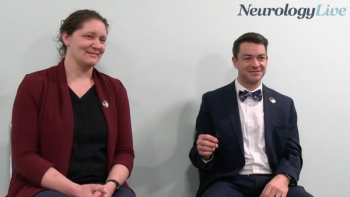
A duo of experts discussed the importance of addressing barriers such as provider comfort, access to genetic counselors, and insurance coverage to reduce diagnostic latency and standardize genetic testing for epilepsy. [WATCH TIME: 5 minutes]
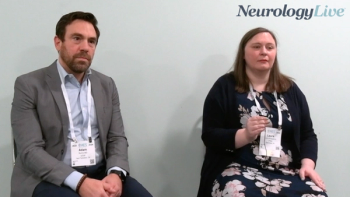
At AES 2024, a duo of pediatric epilepsy specialists discussed how implementation science, validated blood biomarkers, and cross-disciplinary collaboration are advancing epilepsy care and closing research gaps. [WATCH TIME: 3 minutes]

A duo of experts talked about 2 studies presented at AES 2024 that used the Pediatric Epilepsy Research Consortium genetics database to study factors influencing latency in genetic testing and drug-resistant epilepsy. [WATCH TIME: 5 minutes]

At AES 2024, a duo of pediatric epilepsy specialists highlighted a Pediatric Epilepsy Research Consortium review on the need for standardized socio-demographic data and better follow-up for at-risk infants. [WATCH TIME: 5 minutes]
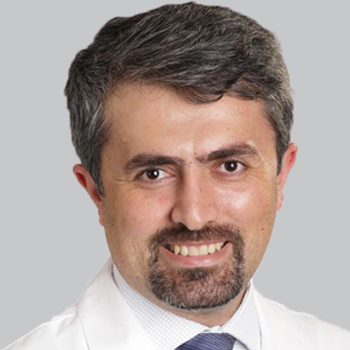
Epileptologists Siddharth Jain, MD, MBBS, and Cemal Karakas, MD, provided commentary on a poster presentation at AES 2024 focusing on factors influencing seizure freedom in children who’ve experienced neonatal and perinatal arterial strokes.
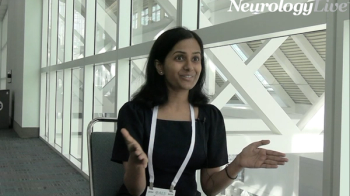
The pediatric epileptologist at Johns Hopkins Medicine discussed common triggers and potential preventive measures of status epilepticus in LGS, as well as the importance of involving families and caregivers. [WATCH TIME: 4 minutes]

The pediatric epileptologist at Johns Hopkins Medicine provided clinical insight on a presentation from AES 2024 that identified and addressed potential triggers of status epilepticus in patients with Lennox-Gastaut syndrome. [WATCH TIME: 4 minutes]
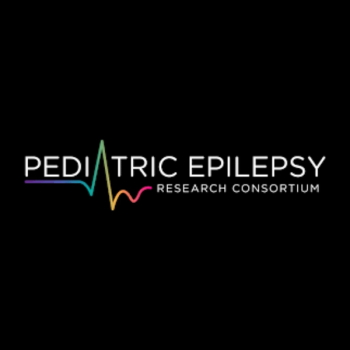
M. Scott Perry, MD, an expert in epileptic disorders and board president of PERC, provided insights on the group's mission and goals, its structure and membership, and its 60+ ongoing research projects.